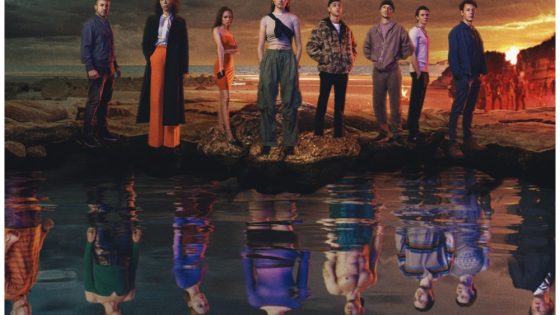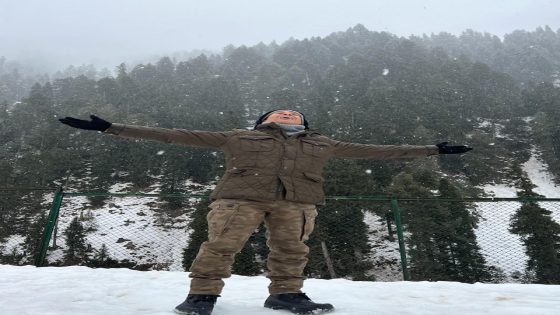The mystery has been solved, but “The Gathering” is far from done.
“We would love a second season. I am just going to put it out there,” executive producer Laura Cotton tells Variety.
“We have great plans and the show’s premise already gives it a great potential in terms of a format. These characters have so far to go. They are drawn so beautifully and we want to see where they go next.”
Creator Helen Walsh would also like to return to her Merseyside community.
“Something we didn’t get to explore in such a level of detail are their backstories. If we go into Season 2, that’s definitely something I would like to do. The need to control is often a response to a loss, low self-esteem or trauma. So where does it really come from?”
In six-part “The Gathering” – in competition at Monte-Carlo Television Festival and named one of Variety’s MipTV Hot Picks back in April – promising gymnast Kelly (Eva Morgan) is attacked at an illegal rave. There are many suspects: among kids her age and among their parents.
Produced by World Productions, it was commissioned by Channel 4.
“It started its life as a novel. I have a child that didn’t sleep at that time. I thought: ‘This is going to take five, six years to finish.’ I also thought this was such a visually breathtaking world, especially the parkour and tumbling gymnastics elements. It’s really hard to depict that in writing,” says Walsh about her “expansive” show.
“I was lucky, because I was given a lot of freedom when we were developing it. It always felt like we privileged the characters. These stories are grounded in truth.”
Morgan also enjoyed her headstrong protagonist.
“It’s hard not to root for Kelly. There are so many things I really love about her. She was so detailed, already on the page – such a layered character. She’s a very bold person and very caring, and she always leads with her heart. It was a blessing, really, to play her.”
Her take on Kelly took Walsh by surprise.
“I initially wrote her as much more flawed. But because Eva brought such a level of honesty, I had to reimagine her. It became difficult, because it posed the question: ‘Why would anyone want to do anything horrible to her?!’ She became the moral core of ‘The Gathering.’”
As mentioned by Walsh, control – something many adult characters wrestle with in the show – was always one of the main themes.
“A friend of mine is a psychologist. There is a huge rise in OCD symptoms, in anxiety, and many children who suffer from it have parents who are super controlling.”
“Human behavior is ludicrous sometimes. Apparently, people laugh a lot at Natalie, at her brazenness. I think this kind of dark humor should always underpin drama. Otherwise, what else can we do?,” wonders Vinette Robinson, who plays an especially domineering parent, furious that Kelly is jeopardizing her daughter’s future.
“Natalie was incredibly fun to play, because she doesn’t have the sense of social embarrassment a lot of people have. She will do what she needs to do to get ahead. Obviously, that has ramifications and the series explores how the behavior of the parents affects kids. One of the things I love about Helen’s writing is that she explores all these complications. It’s incredibly relatable and opens up many discussions about what kids are facing these days.”
“They are all coming from a place of love, don’t they,” adds Cotton.
“People talk about Natalie being a monster, but I completely understand her. She wants the best for her daughter. Helen has written these characters in such a nuanced way.”
Walsh also made sure to take advantage of the show’s setting.
“Liverpool is one of the world’s most romanticized cities. For me, Kelly and Adam are the physical embodiment of the city. They are big-hearted, resilient, they do things their own way.”
While her protagonists come from different backgrounds – “Kelly lives in Wirral, which during the 1980s and early 90s was one of the most socio-economically deprived parts in Europe” – many crew members were locally based. The show’s lead director Gareth Bryn (who co-directed with Amanda Blue) was also familiar with the place.
“He spent some time there as a student and was really committed to representing the city in an authentic way. We were keen to resist any bleak and gritty realizations of the city. We really wanted to show it as vibrant and dynamic.”
“Liverpool was definitely a character in this ensemble piece.”
Source Agencies


